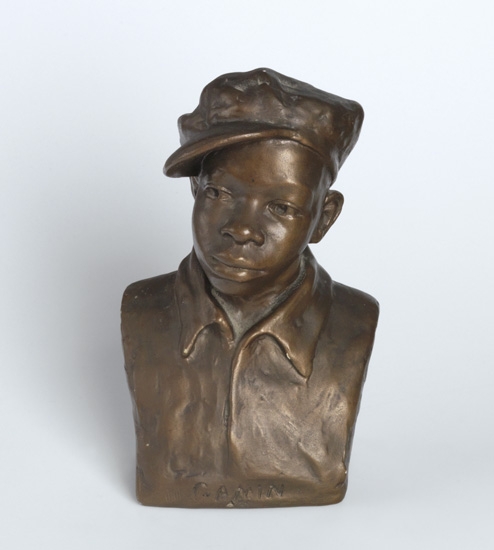Sale 2189 - Lot 15
Price Realized: $ 40,800
?Final Price Realized includes Buyer’s Premium added to Hammer Price
Estimate: $ 40,000 - $ 60,000


Aliquam vulputate ornare congue. Vestibulum maximus, libero in placerat faucibus, risus nisl molestie massa, ut maximus metus lectus vel lorem.